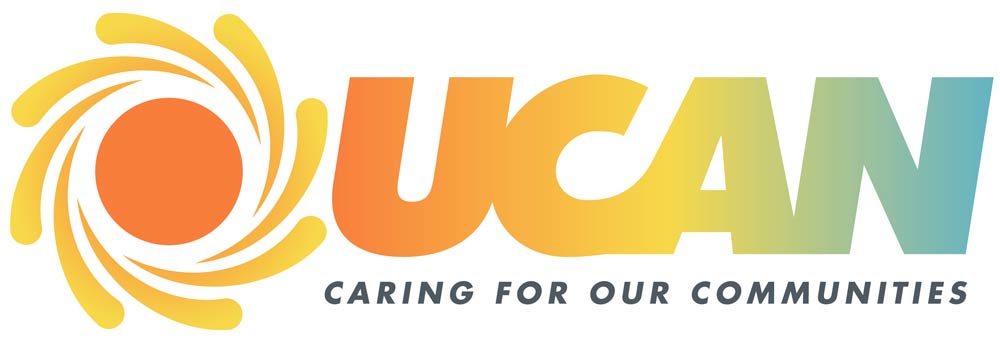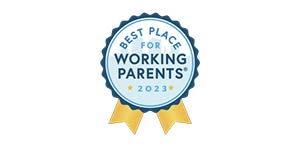Author: United Community Action Network
Apply to Be an AmeriCorps Member!
Letter from the Executive Director – Spring 2024
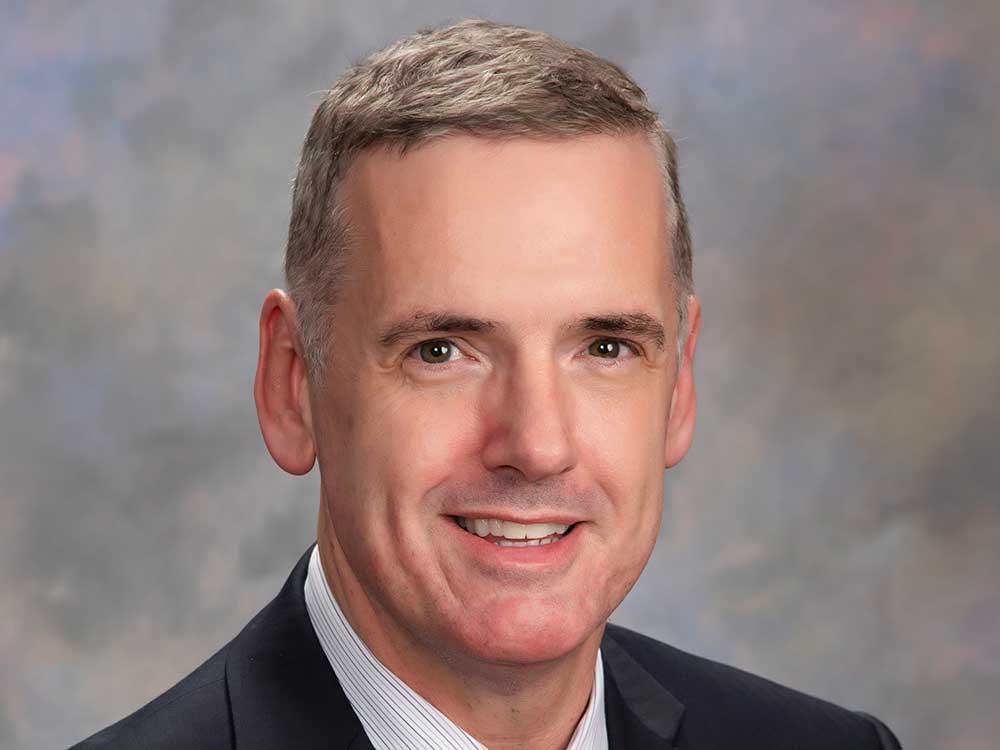
I want to acknowledge some of the many collaborations and coalitions we work with on a regular basis. Partnerships are vital to UCAN’s work in addressing poverty. UCAN’s various programs often coordinate to offer “wrap-around” services to our clients. But to fully meet local needs, we work with other non-profits, government agencies, volunteers, and for-profits.
UCAN’s commitment to partnership begins with our governance structure. We have a tri-partite board, comprised of government, low-income and community members. These board members not only bring a variety of perspectives to the oversight of our operations, they also connect us to our broader community.
We are very active in our involvement with many of the region’s social service systems. Feeding Umpqua works to support the operations of 17 community pantries and six community kitchens. All of our early childhood programs-Head Start/Early Head Start, Healthy Families, Nurse Home Visiting and WIC-take part in Douglas Education Service District’s Community Uplift information and referral program.
Our weatherization program works with a host of contractors in both Douglas and Josephine County so that homeowners are able to obtain weatherization measures that keep their homes warmer in winter. Our utility assistance program works with utilities serving both counties, making sure they receive payments so their customers don’t lose utility service. Veteran Services works with local VA service offices to help connect homeless veterans to benefits.
Our housing and homeless program works in partnership with many entities to help folks get stable housing and stay housed. These include hotels, motels, property managers, and the many agencies that comprise the Rural Continuum of Care. Our AmeriCorps program partners with host sites that benefit from member service. Tax assistance is offered in partnership with AARP and the IRS.
This newsletter features many other partners and volunteers who have supported our work in varied ways. From a car company that helped a formerly homeless couple finance their new car, to several dozen volunteers who hosted homeless individuals in our warming centers, we could not meet local needs without the collective support of our communities.
If you have yet to join in our work, consider volunteering with us, host a food drive supporting Feeding Umpqua, or donate so we can offer more services. Help us shine a light on your community!
Learning Why Poverty is So Stressful
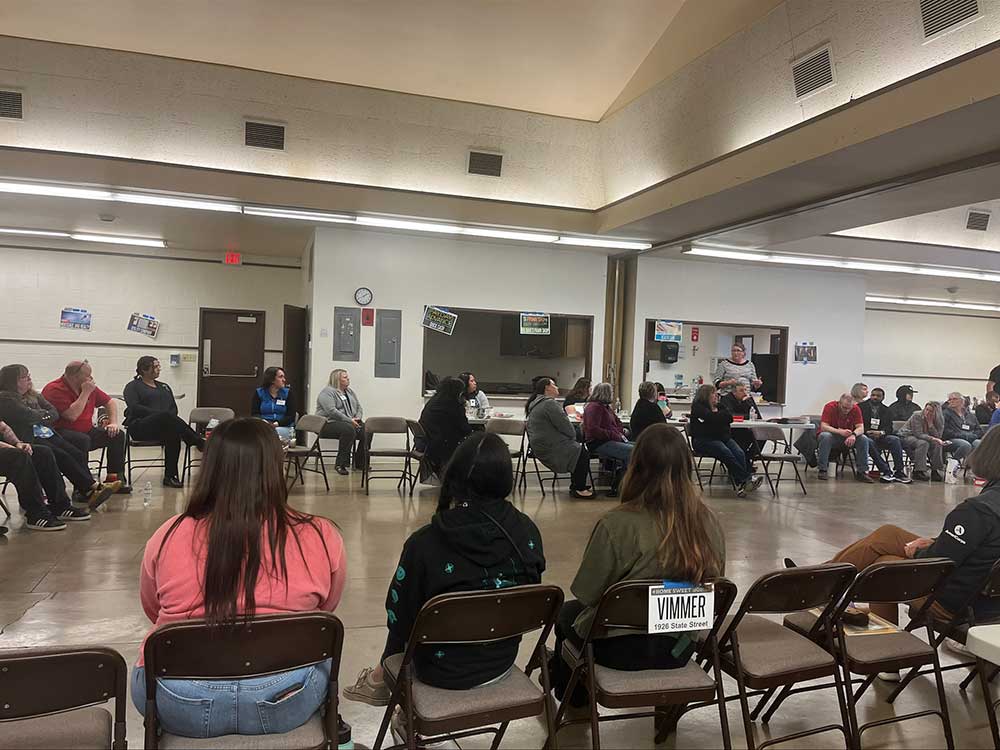
Poverty is a reality for many individuals and families. But unless you’ve experienced poverty, it’s hard to understand the toll it takes on peoples’ lives. What would you do if you didn’t have enough money to pay for needed healthcare and food? Would you skip getting asthma medication? Skip several meals?
UCAN staff and our United Communities AmeriCorps (UCA) members, like those at other social service agencies, spend much of their time working with folks who struggle to meet their basic needs. While some of our staff and members have experienced times of financial difficulty, their experiences may not reflect those of the clients they serve. Living below or near the poverty line presents many unique challenges, and understanding the different ways in which our clients face those challenges better equips our agency in supporting them.
To better understand and serve our clients, our UCA staff reached out to Southern Oregon Goodwill (Goodwill). Goodwill is certified to offer poverty simulation trainings using curriculum developed by the Missouri Community Action Network. Each participant receives a role and a budget at the training. For example, you might role-play being a disabled veteran. Facilitators, made up of Goodwill staff and volunteers with experience navigating social service systems, each represent different agencies. As a participant, your job is to decide how to best address your needs given your role and budget.
Of course, your decisions are constrained by your resources and your circumstances. All budgets show a deficit. You might not have a car, and need to rely on a limited number of “bus vouchers” to get anywhere. What if you run out of vouchers? If you are a working parent, you might learn that most agencies are only open when you are working. Do you risk losing your job if your child’s school calls to let you know that your daughter is sick and needs to be picked up?
Many people participated in the simulation in addition to UCAN staff and UCA members, including staff from Worksource Rogue Valley, UCAN, WAFD Bank, and the Oregon Employment Department. Participants found navigating systems to be very challenging. Some folks ran out of transportation vouchers. Some arrived at agencies either too early or too late to get help. Others learned they needed to go to a different agency first before another agency could help. Some lacked items, like a social security card, they needed to apply for services.
Participants learned that one poor decision often snowballs into increasingly difficult situations. They learned that even if they had experienced poverty at some time, their own experience was typically not sufficient in understanding others’ experiences. The training greatly increased empathy for those living in poverty. Participants left with a better understanding of the stressful situations our clients find themselves in and came away with ideas of how to help them better navigate the programs we provide. We really appreciate Goodwill’s presentation, and hope to have them organize a simulation in Douglas County in the future.
Helping Seniors Address a Frightening Reality
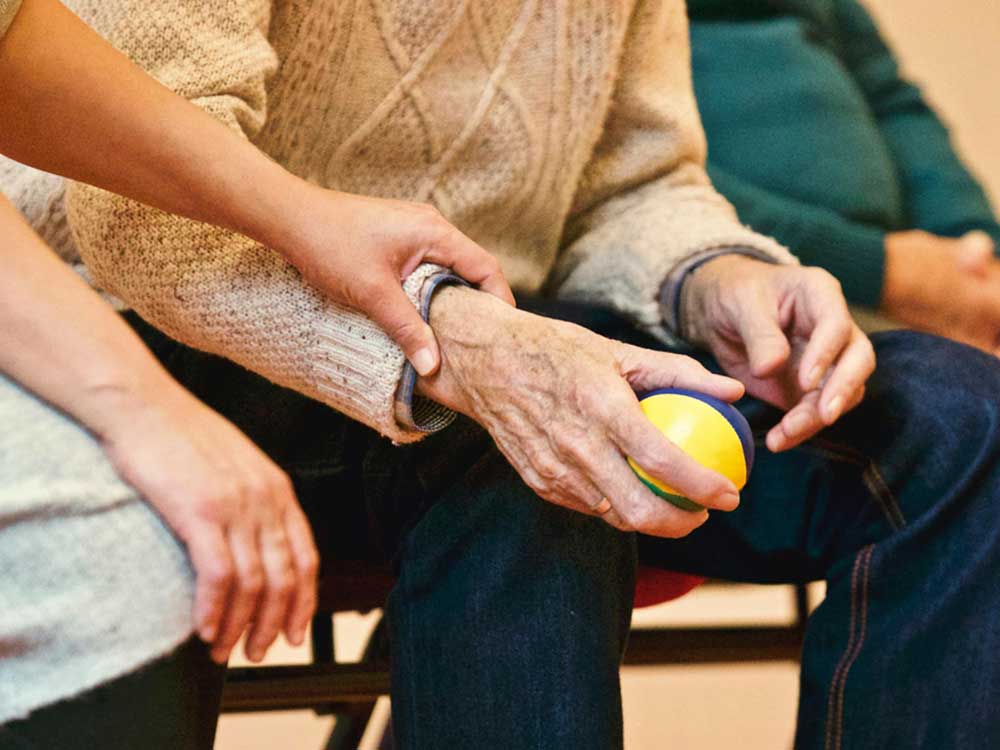
No matter how much you’ve saved for retirement, getting old isn’t for the faint of heart. Poorer health saps both quality of life and savings. Inflation takes a bigger chunk of the nest egg. Growing isolation separates seniors from communities of support. Nonetheless, UCAN has found success working with seniors facing seemingly intractable issues.
John and Mary Ellen Pollard have been married for 51 years. Throughout their marriage, they have resided here in Oregon. They both worked various jobs throughout their marriage, retiring after working for the Cow Creek tribe for 17 years. They looked forward to enjoying their retirement. Unfortunately, health issues soon had them struggling to get by.
Mary Ellen developed a heart condition which has caused irreversible cognitive and memory issues. John now suffers from both diabetes and lung issues. Like the majority of seniors, they lacked savings to address these conditions. Four years ago, they could no longer afford to pay for housing, and began sleeping in the bed of their truck. Their health conditions worsened once they lost their home.
Upon learning about UCAN’s Gary Leif Navigation Center (GLNC) in Roseburg, they went there to see what services they could receive. GLNC staff obtained healthcare for John through the VA. Staff also got Mary Ellen enrolled in Medicaid so she could better obtain the medical treatment she needed. The couple also obtained a pallet shelter at the GLNC, providing them safer, more stable shelter connected to services.
While at the shelter, their case manager reached out to our Payee Services staff to help John and Mary Ellen deal with their financial issues. Our staff were able to get approval to serve as the payee for the couple. In this role, staff have been able to make sure the couple’s bills are paid on time. Staff have also been able to work on repairing the couple’s credit by paying down past due bills.
As John and Mary Ellen received these supports, they were able to find permanent housing, and moved out of the shelter. Because the vehicle they had been living in kept breaking down, our Payee Services staff continued working with the couple to help them save money for a new truck. They were finally able to put a down payment on a reliable truck. We thank Pro Motors for working with this couple, and being kind enough to give them a chance by offering financing for this vehicle.
The combined efforts of GLNC and Payee Services staff have ensured John and Mary Ellen have a warm, safe place to live and a reliable vehicle to get them to and from wherever they need to go. The Pollards are “forever grateful” for the support they have received.
Get Ready for the Sparkles!
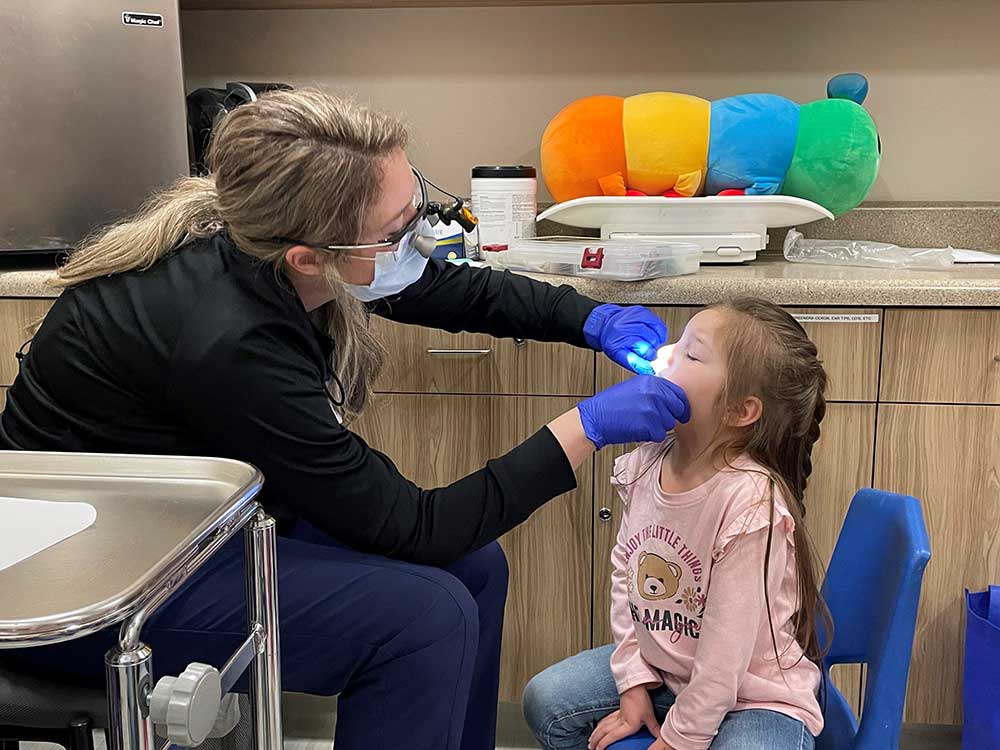
Three little ones come marching into our Head Start health exam room. They are about to have a dental screening. You’d think they’d be a little scared. But these three children are full of smiles. They know that there are toys to play with. They know that there’s a kind young women ready to look at their teeth. They know that they might get “gummy bears” as their teeth are examined!
Gummy bears you ask? Well, that’s actually a fluoride varnish that tastes like melon. And they don’t have to get it if they are scared of having the varnish. The goals here are to get these children used to having their teeth seen, and if larger problems are found, get them in to see a dentist or oral surgeon to address those issues.
Sierra Miller, a hygienist working for Advantage Dental, offers this service at no charge. She has a special certificate so that she can work independently of a dentist. She kindly asks each child to come over to have their teeth looked at. She asks them for permission to put on sparkles (Silver Nitrate) and gummy bears (the fluoride varnish). None of the children is forced to have these basic procedures done, but with a lot of encouragement, most end up willing to do so.
Once they’re done, there are high fives all around. Shouts of “you’re so courageous!” Big smiles from both the big people (Head Start staff and the hygienist) and the little people. Then off the little ones go, with another group ready for their turn.
Sometimes, major issues are spotted. Teresa O’Sullivan, our Head Start Health Disability Services Coordinator, spoke about a little boy who was seen last year. He wasn’t smiling at all, because of the immense amount of tooth pain he was experiencing. We were having to get special foods that he was able to eat. After a screening and referral, he had oral surgery performed on many of his teeth. He came back with a lot of silver in his mouth, but pain free.
Not only was he happier, he finally had a chance to focus on learning, instead of on his pain. He went around showing off his “silver teeth.” Not only is he feeling good about himself, he now has a better chance long-term of avoiding health issues that arise when bacteria from tooth decay shed off and infect other parts of the body.
Advantage Dental has been an outstanding partner over the years. They not only screen our Head Start children, they also offer screenings for our WIC families. We are so grateful to have this “sparkling” relationship!
Coming Together to Make Warming Centers a Success
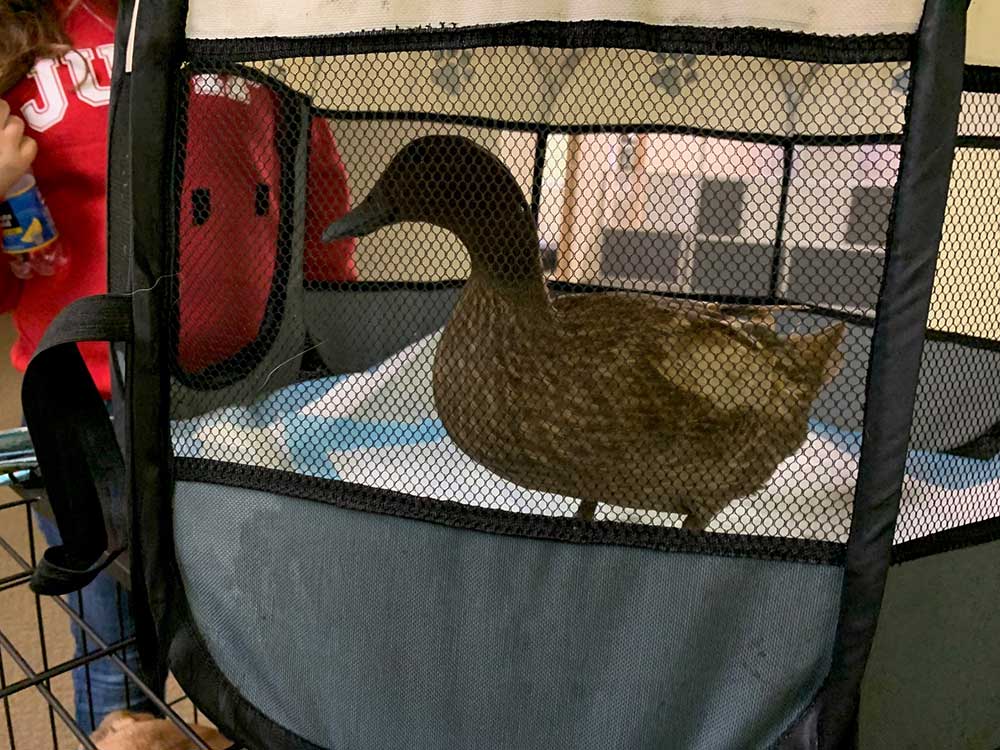
This winter, UCAN once again operated warming centers in Douglas and Josephine County to keep unsheltered homeless folks safe during life-threatening weather. We were fortunate to have many volunteers sign up on short notice to help at the warming centers. We were also fortunate to have key community partners help with shelter operations. While winter weather was much milder this year than last, we still ensured that many homeless residents stayed healthy and warm.
In Roseburg, St. Joseph Catholic Church graciously made a large space available for our Douglas County warming center. The space included a commercial kitchen and a large area where folks could sleep. The Church also provided meals on Tuesdays and Thursdays when the Center was open. The Roseburg Dream Center supplied bedding materials, which could be stored when not being used in the Church. Howard Johnson’s of Roseburg cleaned bedding materials.
In Grants Pass, we were able to lease space at 1990 NW Washington Boulevard. As many homeless folks lived miles away down by the Rogue River, Josephine County Transit provided free transit to and from the warming center daily. The Josephine County Food Bank provided food so that those sheltering at the warming center could have dinner and breakfast while staying there, and then take a grab-and-go meal for the day.
We could not have operated the warming center without an amazing group of individuals who volunteered for 4-hour shifts at each center. We had 35 people go through the two-hour volunteer orientation in Roseburg. Grants Pass had 45 individuals go through the orientation. The latter group also received a training offered by HIV Alliance on the use of Naloxone and Opioid abuse.
Volunteers ranged from government representatives to those who had previously benefitted from warming center services. While volunteers were only asked to take the four-hour shifts, we had some individuals volunteer for multiple sessions on given nights. Volunteers not only helped address immediate needs, they played a critical role in making those seeking shelter feel welcomed, safe and secure.
Our volunteers even ensured that many dogs, two cats, and Ohana the duck found safety at the centers. We know that all shelter residents, including two who were wheelchair bound, and one who was taken to the Roseburg shelter after her bus left without her, found volunteers to be remarkable. We are so grateful to all the organizations and volunteers who made our warming center operations a success!
Volunteers Needed for Roseburg and Grants Pass Warming Centers
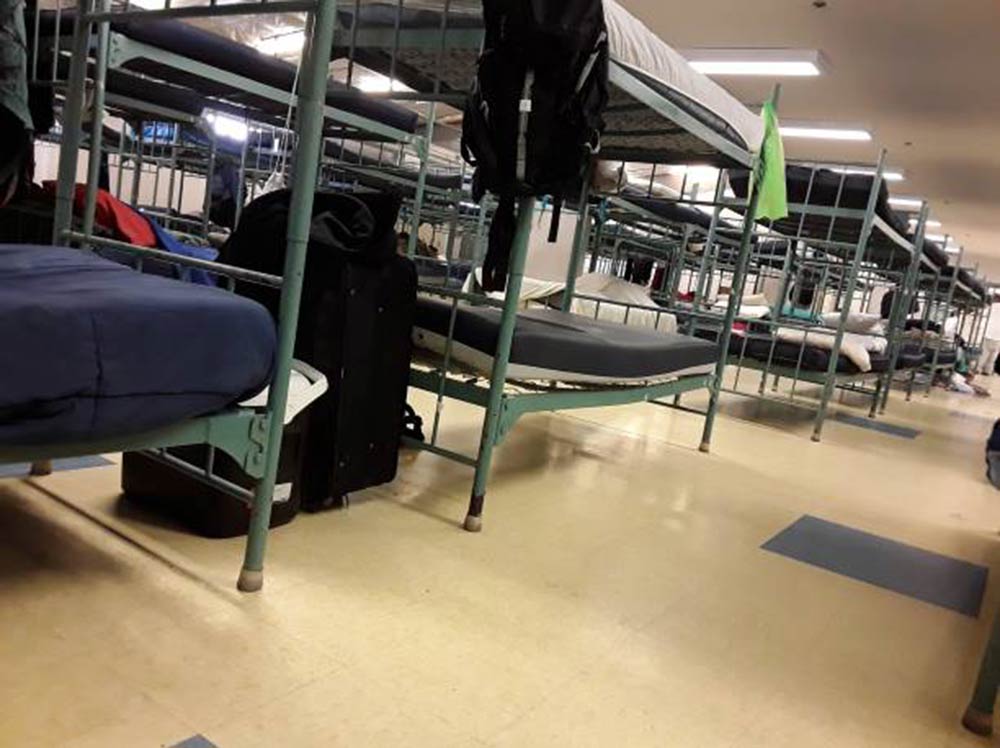
Winters can be tough on anyone in our area. Though snow is pretty rare, temperatures at or below freezing are not. When the weather gets that cold, it doesn’t take much for people without shelter to develop hypothermia or frostbite. An average of eight homeless people in Oregon die from hypothermia each year. Many more obtain treatment from emergency rooms.
This is not just a “big city problem.” This past year, a one-day count of homeless individuals in Douglas and Josephine County found that the counties had 441 and 191 unsheltered individuals respectively. Since this count is undertaken in mid-winter, and only occurs on one day, there are likely many more people living locally without shelter.
There is a simple solution to this problem: Provide warming shelters when the weather endangers lives. That’s just what UCAN is doing this year in both Roseburg and Grants Pass. We will be operating shelters when temperatures are forecasted to lower to 30 degrees (we’ll sometimes open shelters when forecasts are a bit warmer, but inclement weather is forecast as well). Shelters will offer warmth, food and cots so the people served can get a good night’s rest.
While we have staff to support shelter operations, volunteers play a key role in supporting our guests. Volunteers are needed to welcome folks, support meals, and most importantly serve as center attendants. Without your help, we can’t open these critically needed shelters.
We hope you consider supporting those most in need-please contact us at volunteer@ucancap.org to let us know you want to help!
The Point-In-Time Count: A Day of Caring for Our Homeless
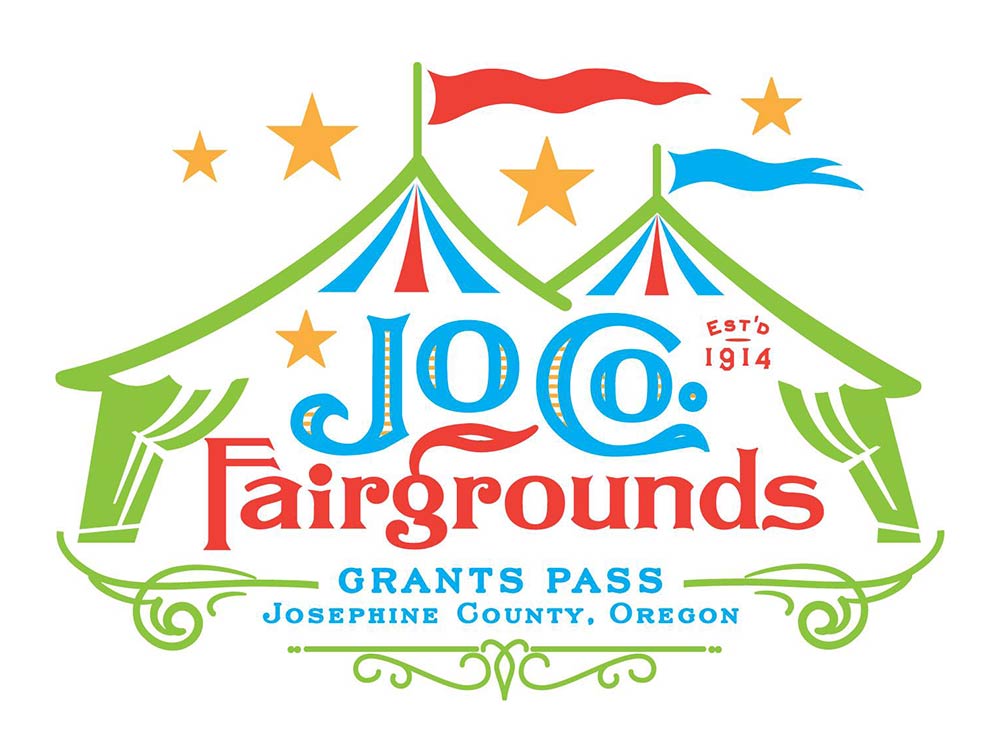
Each year, UCAN hosts Point-In-Time Count (PIT) events throughout Douglas and Josephine County. This year, we will have outreach teams going to homeless camps throughout our Counties, visiting locations as far ranging as Williams, Reedsport and Glide. We will also be operating at the Josephine County Fairgrounds, at a center opened by the Illinois Valley Living Solutions in Cave Junction, and at Faith Foundry Church in Roseburg.
During the event, homeless folks can get their hygiene needs met, even getting haircuts. They can get critically important supplies, like sleeping bags. They can sign up for benefits and a variety of services. We make sure everyone feels welcomed and gets some nourishing food as well.
While we organize and staff these events, we rely on community partners to pull them off. Many local health and human service agencies staff booths at centers hosting the counts. Local residents donate their services and goods. In Josephine County, volunteers check people in as they enter the Josephine County Fairgrounds. The Chomp Food Truck provides meals that are paid for by Rogue Food Unites. In Douglas County, the Relished Gourmet Dogs and Dough Food Truck offers meals.
The events play a key role in benefitting all of our local communities. As the name implies, staff at PIT events use the opportunity to tally the number of homeless individuals living locally, as well as tracking numbers by race, ethnicity, age, and family type. We get an estimate of those living in shelters and those without.
We know that PIT events undercount the actual number of homeless folks. The counts are particularly difficult to undertake in our Counties, which are both very large, and have many homeless individuals living in remote areas. But government offices use the data to determine the amount of funding to make available for homeless services in communities. Recently, PIT count data was used to determine which counties would fall under an emergency order providing $130 million in funds meant to set up shelters and housing options statewide.
So it’s important that our count is as accurate as possible. If you know of anybody lacking a stable home, even if they sleep on a couch in someone else’s house, or live in a RV, please let them know about the PIT count on January 24th.
Healing Takes Place Person-to-Person
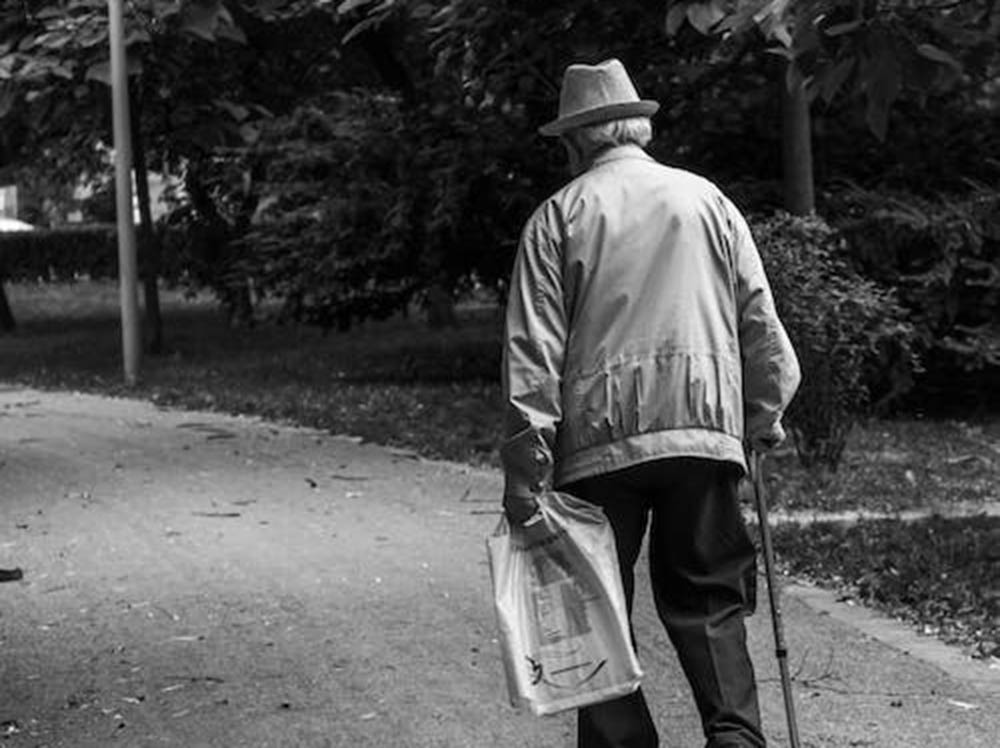
Amber, UCAN’s Josephine County Housing Supervisor, has met many individuals who have had hard lives living on the streets. Many have suffered deep trauma having spent time without a safe place to sleep. They can have trouble with basic life skills, and have difficulty connecting with others.
The first night Carl stayed at the warming center, it seemed he had only recently lost his housing. Though he needed a cane to get around, and was pretty frail, he was kind to everyone who he talked to, and enjoyed telling a good joke or two. This wasn’t someone who wanted to shy away from others. Indeed, his good spirits were contagious.
Amber recalls the first time she met with Carl to see if other programs might be a good fit for him, beyond shelter and food. He began by deflecting talk about his own needs, telling her he was concerned about a gentleman that was sitting silently in the back, mumbling to himself. Only after Amber gently turned the conversation back to him that Carl admitted that he’d been living out of his car for 30 years. That he had several medical conditions, and couldn’t work because he was disabled.
Amber was stunned. How could someone who had lived in a car for years, who was 70 and so frail, still be in good spirits? Concerned that Carl needed more long-term shelter to survive the winter, Amber reached out to various landlords who work with UCAN to lease to those with poor rental histories. Within a few days, Amber found a unit that Carl could move into.
Amber helped Carl move in and get rent assistance so he only needed to pay a small amount of his Social Security Disability to lease the unit. She met with him regularly, helping him to meet other needs. Sadly, after living in his new unit for several months, he began having memory issues. But by this time he had reconnected with a brother, and his brother was able to get him moved into a memory care unit.
Amber doesn’t know what forced Carl to lose his home in the first place. It really doesn’t matter to her. What she knows is that he mattered, and she’s pretty sure that Carl really appreciated how much she valued her time with him.
